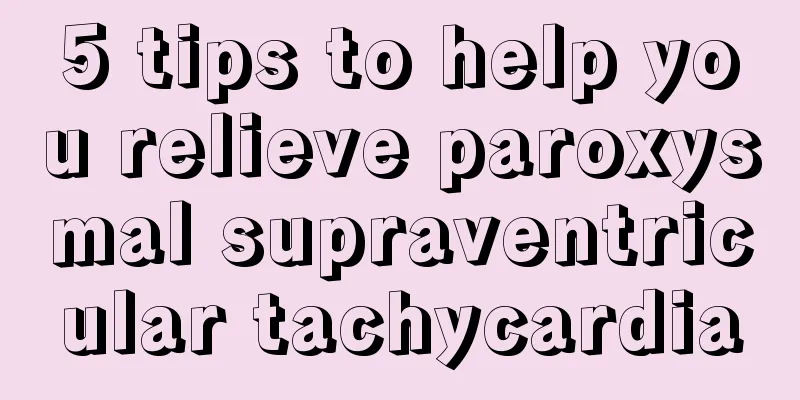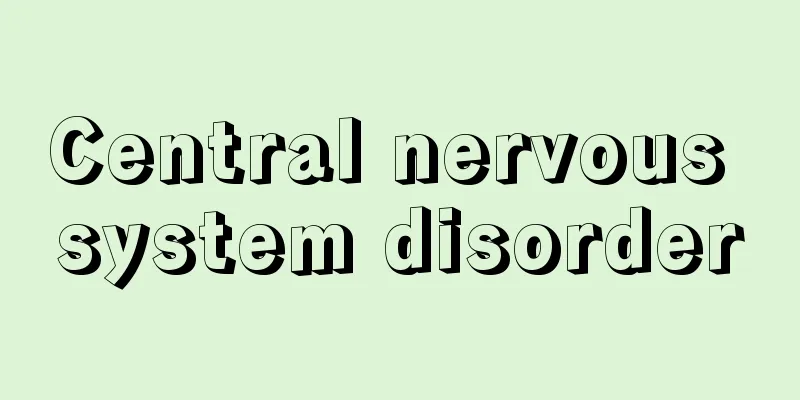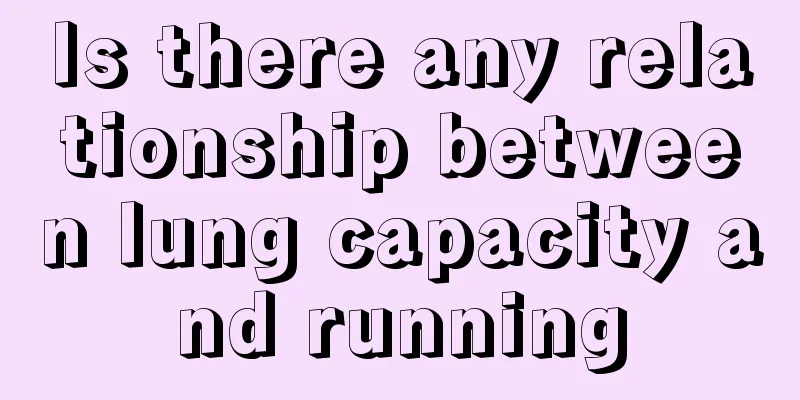5 tips to help you relieve paroxysmal supraventricular tachycardia

|
Paroxysmal supraventricular tachycardia often occurs very suddenly. People often feel dizzy and chest tightness while they are still talking and laughing at work, and may even suddenly faint and lose consciousness. Often at this time people are particularly panicked and scared, and don't know what to do. Experts say that when paroxysmal supraventricular tachycardia occurs, everyone must not be nervous, the more nervous you are, the more serious the condition will become. You may want to try the following methods to relieve your symptoms. 1. Breath holding method Ask the patient to take a deep breath and hold it until he or she can no longer hold the breath, then exhale forcefully. 2. Throat stimulation Stimulating the throat with your fingers or a tongue depressor to induce nausea and vomiting can help terminate the attack. 3. Eyeball compression Close your eyes and look down, use your fingers to press the upper part of the eyeball under the eye socket, starting with the right eye. At the same time, take your pulse and count your heart rate. Once the tachycardia stops, stop the compression immediately and do not use excessive force. Do this for 15 seconds each time. If pressing on one side is ineffective, switch to the other side. Avoid pressing on both sides at the same time. At the same time, take propranolol or propranolol tablets orally. Note: This method is contraindicated for patients with glaucoma or severe myopia. 4. Carotid sinus compression The patient lies supine, and family members help compress the carotid sinus on one side (at the level of the thyroid cartilage, with the carotid pulsation pressed toward the cervical vertebrae) for 10 to 20 seconds each time. If this is ineffective, switch to the other side. When applying pressure, the movements should be gentle and not too strong. At the same time, the pulse should be felt to monitor the heart rate. If you find that the heart rate suddenly becomes regular and normal, you should stop the compression immediately. Do not compress both sides at the same time to avoid causing obvious cerebral ischemia. Note: This method is contraindicated for patients with a history of carotid artery allergy or cerebrovascular disease. 5. Diving Reflex It can strongly excite the vagus nerve and is more effective for young infants. The method is to soak a towel or ice water bag with ice water at about 5°C and apply it to the entire face for 10 to 15 seconds each time. If it doesn't work once, try again every 3 to 5 minutes. Adults can sit down and place a basin of cold water below 5℃ on the table in front of them. Ask the patient to take a deep breath and hold the breath, and immediately immerse the face in the cold water for about 30 seconds. If it doesn't work, you can repeat this method after resting for a few minutes. This method is often effective for adults with difficult-to-control paroxysmal supraventricular tachycardia. |
<<: How to treat trypophobia? Six tips to help you easily overcome
Recommend
Which hospital can cure gastric cancer
Gastric cancer is familiar to everyone. The first...
Can adenocarcinoma be cured in the middle stage? Surgery is feasible
Pancreatic cancer, a malignant tumor disease, not...
How can I prevent white clothes from turning yellow?
This kind of thing often happens in life, that is...
Can eye nerve paralysis be cured
Eyes are the windows to everyone's soul. Eyes...
What are the main hazards of hamartoma
The deterioration of the environment, unsafe diet...
How to treat thick toenails?
In daily life, if you find that your toenails are...
Nutritional care after uterine fibroid surgery
I have been suffering from uterine fibroids for a...
How to remove oil stains
There are many oil stains in our daily life. We w...
What causes sweating in the palms and soles of feet
The palms and soles of the feet are hot. In fact,...
Do I need to continue taking medicine after I recover?
When a person becomes sick, he or she usually nee...
The difference between rock sugar and white sugar
Sugar is indispensable in our daily life. The nut...
Repeated peeling of forehead
In daily life, if our face peels, everyone will f...
Can I drink goat milk when I have a cold? Can I drink goat milk when I have a cold and cough?
Cold is a common disease, and it is usually a ver...
What to eat after drinking to relieve stomach acid? It turns out to be some food
People often vomit after drinking too much alcoho...
What are the folk remedies for curing esophageal cancer?
Although the late-stage symptoms of esophageal ca...









